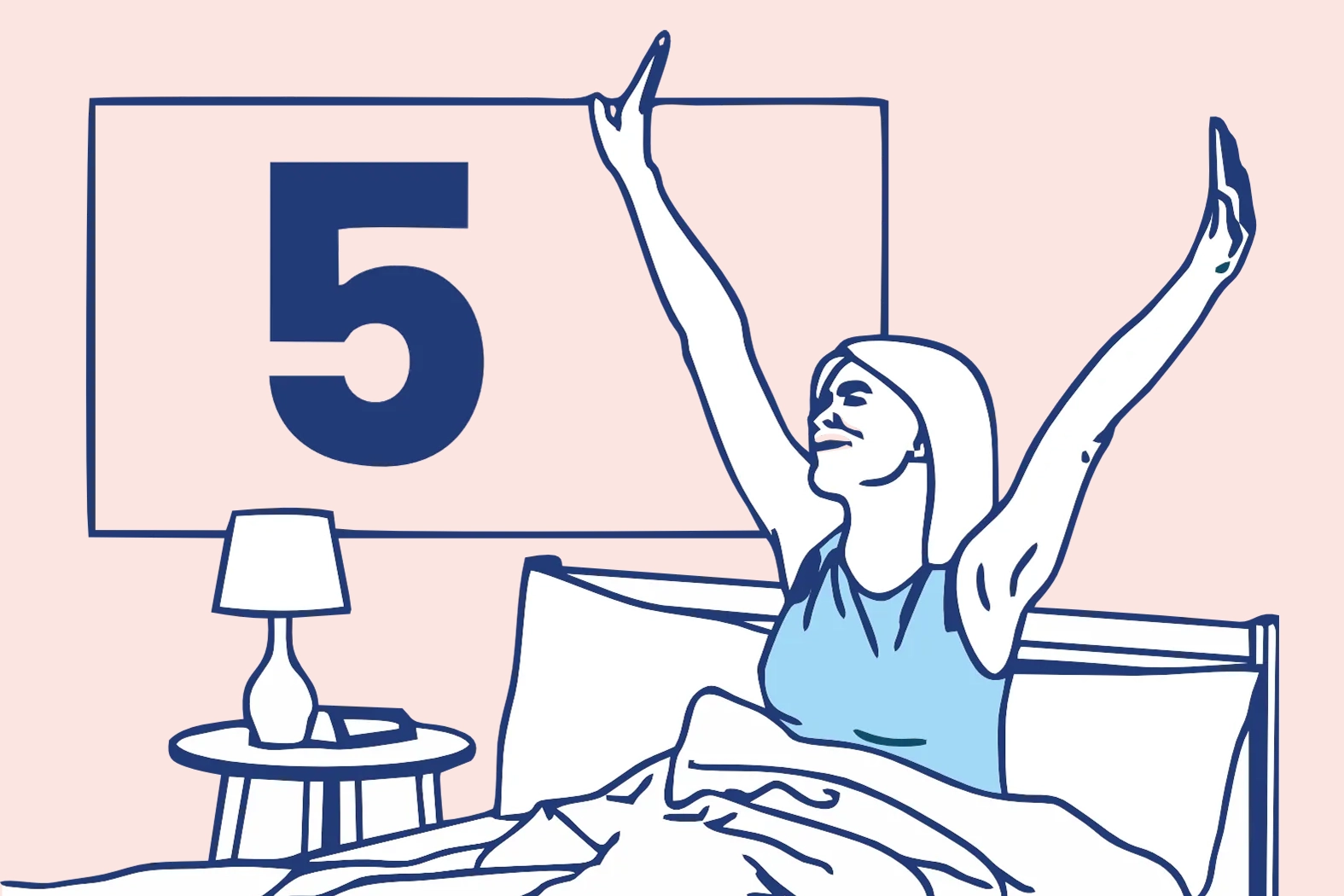To provide services at the highest level, we use cookies. Using the website requires you to choose settings related to their storage on your device. If you want to know what each type of cookie is used for, click the Details button below.
What time to go to sleep – 5 ways to sleep well!20 maja 2022 |

To wake up at 5:30, you should go to bed no later than 22:00. It's advisable to go to sleep as soon as possible after sunset, ensuring a mattress that provides maximum comfort and optimal support for a restful sleep with a significant amount of deep sleep. Individuals who used to sleep later than 5:30 may need about two weeks to adjust to the changes. During this time, waking up at 5:30 may feel like not getting enough sleep.
To wake up at 7:00, you should go to bed no later than 23:00. It's advisable to go to sleep as soon as possible after sunset, ensuring a mattress that provides maximum comfort and optimal support for a restful sleep with a significant amount of deep sleep. Individuals who used to sleep later than 7:00 may need about two weeks to adjust to the changes. During this time, waking up at 7:00 may feel like not getting enough sleep.
It's best to go to bed no later than 22:00. This allows for maintaining a circadian rhythm. However, it's crucial to pay attention to the signals your body gives. It's advisable to go to sleep as soon as possible after sunset, ensuring a mattress that provides maximum comfort and optimal support for a restful sleep with a significant amount of deep sleep.
The best time to wake up is during the first or second stage of the nREM phase. Smart alarms and other sleep monitoring applications can be helpful in achieving this. Adequate sleep duration, facilitated by such tools, can contribute to improving daily functioning. Sleeping naked is also beneficial for the body.
Sleeping more than 12 hours is not healthy. The optimal amount of sleep per day ranges between 7 to 9 hours. Sleeping longer can lead to feelings of fatigue and, simultaneously, increase the risk of cardiovascular diseases. Contrary to common belief, extended sleep is not beneficial for our health, including the popular notion of catching up on sleep.